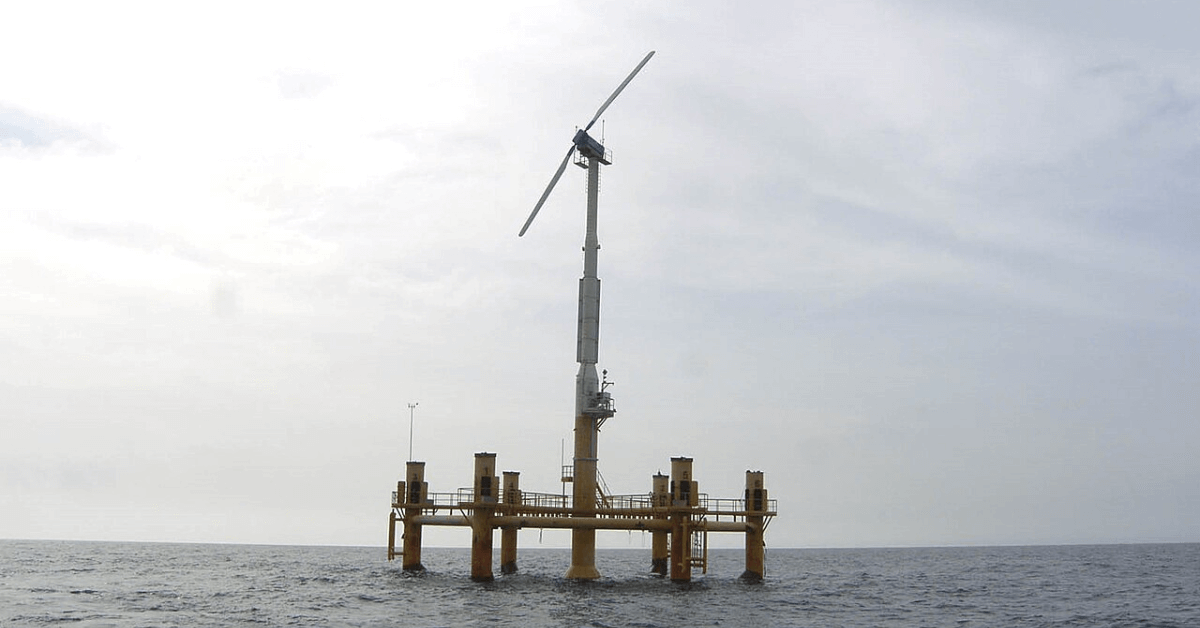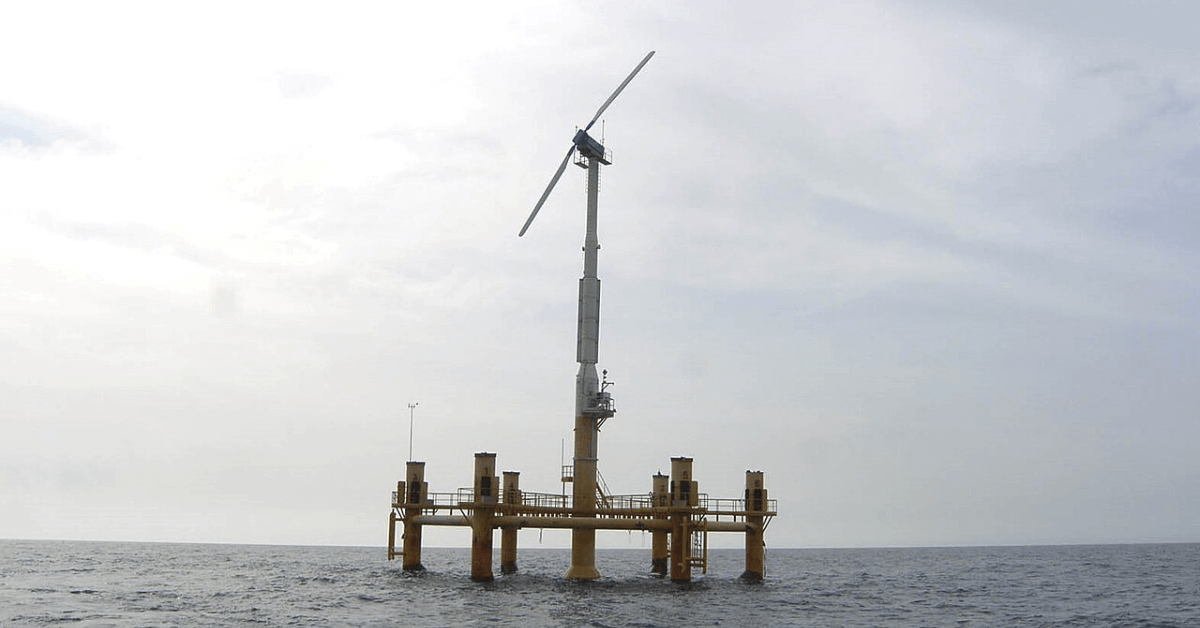
EU Bans Russian LNG Transshipment, But Russia Finds A New Way
March 27, 2025
A Year After Baltimore Bridge Collapse, Some Dali Crew Members Still Can’t Go Home
March 27, 2025
Tensions have escalated in the disputed Yellow Sea, a region where its exclusive economic zone (EEZ) overlaps with China’s after South Korea deployed a large floating platform.
The platform which Seoul describes as an environmental monitoring station, is seen as a direct response to China’s increasing presence in the area.
Beijing has built multiple offshore structures, claiming they are for fish farming, but South Korean officials believe they could be part of a broader territorial strategy.
South Korean Oceans Minister Kang Do-hyung confirmed the deployment during a parliamentary session on March 26. He described it as a “reciprocal measure” against China’s actions in the contested waters.
Kang explained that the platform would be used for environmental surveys but also acknowledged that it serves as a counter to Beijing’s growing activities in the Provisional Measures Zone, a jointly managed maritime area where formal borders have yet to be established.
In recent months, South Korea has raised alarms over China’s increasing number of offshore installations in the disputed waters.
Beijing insists these structures are deep-sea fish farming facilities, but Seoul fears they could be used to strengthen China’s territorial claims in the region.
In February, Chinese coast guard ships and rubber boats carrying civilians intercepted a South Korean research vessel that had been deployed to inspect the Chinese structures, leading to heightened tensions.
A standoff lasting two hours followed, during which South Korea’s coast guard was also deployed. However, the South Korean vessel eventually withdrew.
This incident led to strong reactions from South Korean lawmakers, particularly from the ruling People Power Party.
Party official Kwon Young-se has compared China’s growing presence in the Yellow Sea to its actions in the South China Sea, where it has built artificial islands and expanded its military presence despite overlapping claims from several Southeast Asian nations.
According to Kwon, the Yellow Sea, referred to in South Korea as the West Sea, is more than just a body of water. He has discussed its economic importance for South Korean fishermen and its role in national security.
The Chinese embassy in Seoul released a statement on March 25 dismissing claims that its offshore structures represent an attempt to assert territorial control.
According to the embassy, the installations are located in China’s coastal waters and are a legal use of marine resources.
The embassy also stated that Beijing has maintained open communication with Seoul through diplomatic channels and hopes to avoid “unnecessary politicisation” of the issue.
China has insisted that the facilities do not violate any existing agreements between the two countries and that discussions should continue to prevent further tensions.
The Yellow Sea, like the South China Sea, has become an increasingly contested zone where territorial claims often begin with civilian or scientific installations and can escalate into military posturing.
Analysts warn that with both South Korea and China now establishing semi-permanent structures in the area, the risk of further confrontations is growing.
Reference: Reuters
Source: Maritime Shipping News


